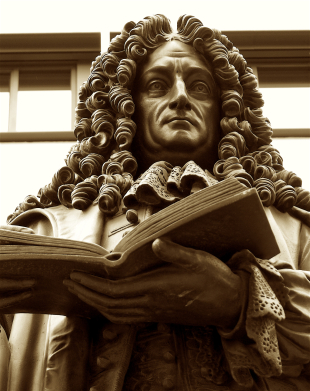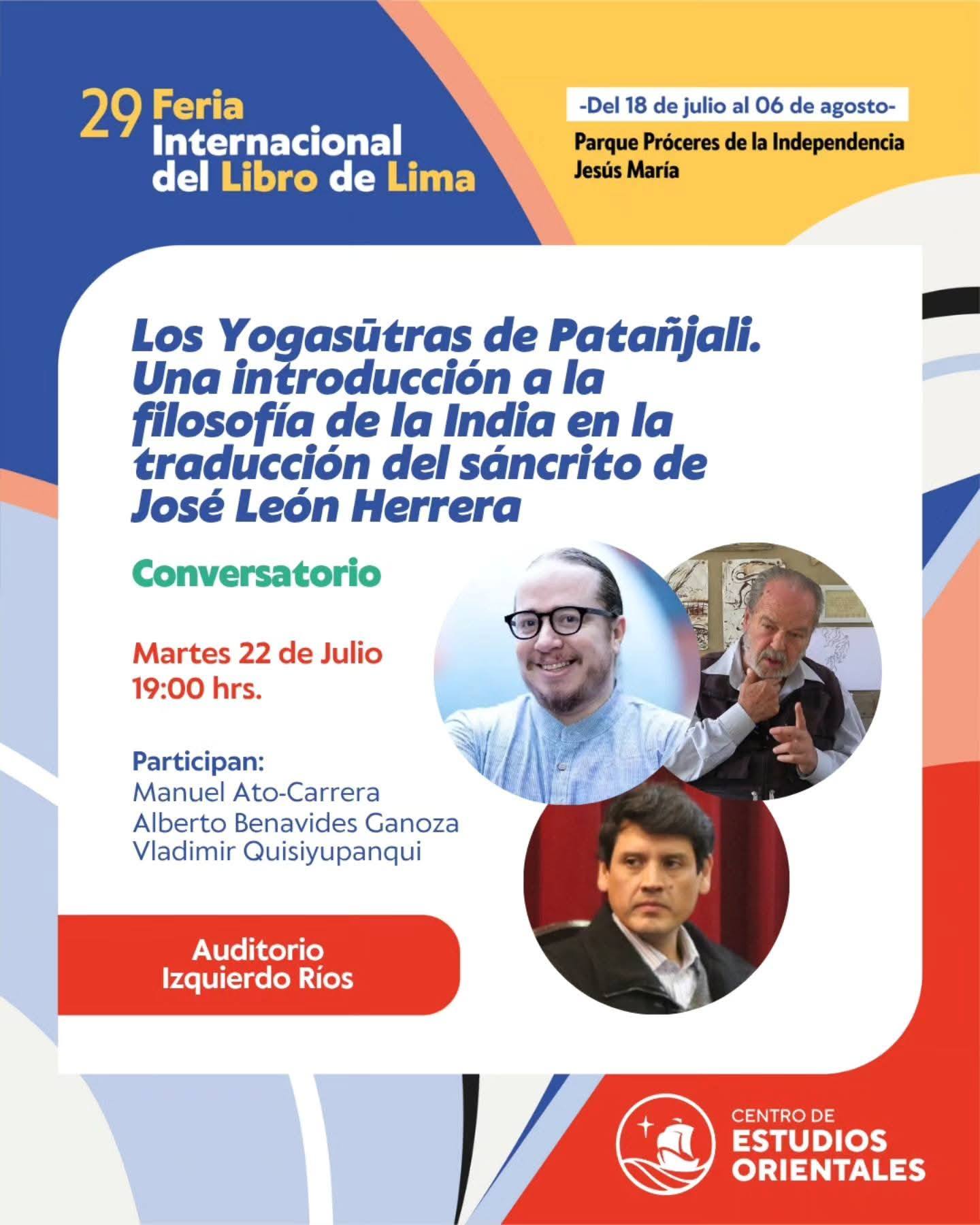Conferencia “Difficulties in a Leibnizian Notion of Free Will” de Leandro Hollanda (Universidade de Sao Paulo / University of London, King’s College)
20 de November de 2019

El martes 26 de noviembre de 2019, en la Sala de Consejo de Estudios Generales Letras (campus PUCP) el profesor Leandro Hollanda (Universidade de Sao Paulo / University of London, King’s College) ofrecerá la conferencia titulada “Difficulties in a Leibnizian Notion of Free Will”. Los comentarios estarán a cargo de Álvaro Prado (PUCP). La conferencia será en inglés. El ingreso es libre. Evento organizado por el Grupo Interdisciplinario de Investigación Mente y Lenguaje.
Summary
What is a theodicy? If we take Leibniz’s Theodicy as our model, it is an attempt to show how the skepticism can be overcome by demonstrating reason’s solutions to some issues that Christian dogmas face. In Leibniz, there are three main issues, and they give the subtitles to Leibniz’s Theodicy: the Goodness of God, the Freedom of Man and the Origin of Evil. In his examination of Leibniz’s philosophy, Thomas Reid wrote that Leibniz “changed metaphysics from being a play of unmeaning words, to be a rational and demonstrative science”. Notwithstanding this recognition of the value of his philosophy, Reid also saw some severe problems in Leibniz’s thought which he thought undermined the possibility of man’s freedom. Yet is Reid’s criticism of Leibniz’s notion of free agency a fair critique? This talk aims at explaining and assessing Reid’s critique of Leibniz’s notion of free agency, focusing on the Leibniz’s idea that, although everything in our world is completely predetermined, humans are still free. I argue that Reid’s criticism of Leibniz’s notion of free action is right to some extent and can also help to clarify some tricky issues related to the concept of free agency itself.

